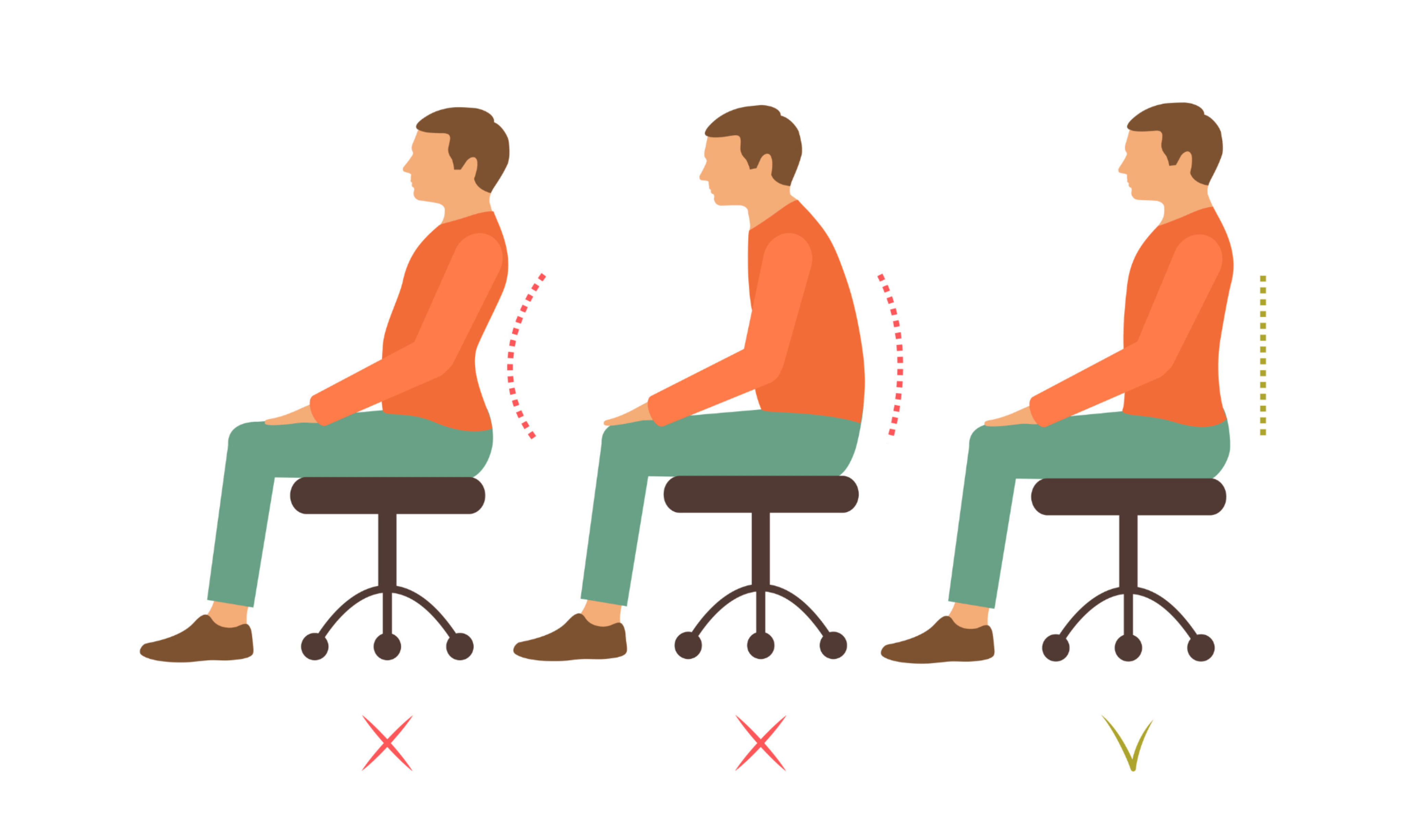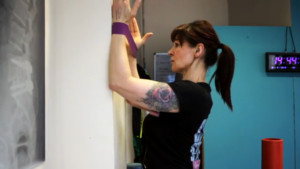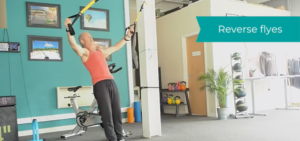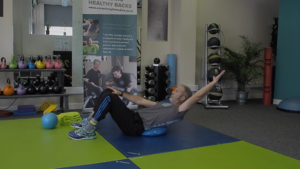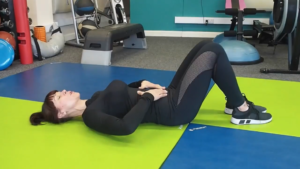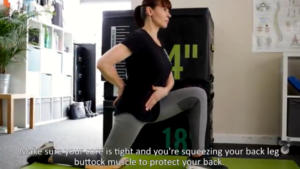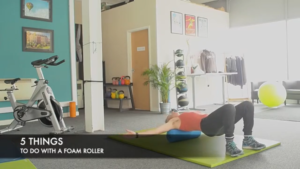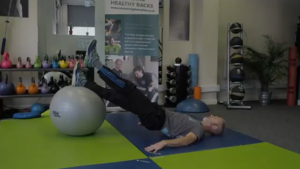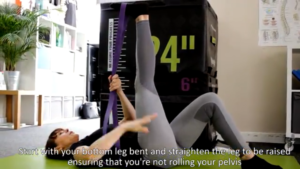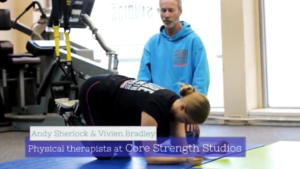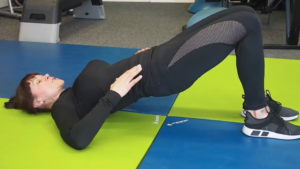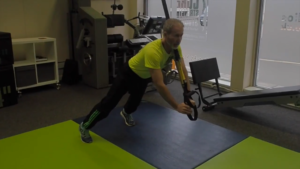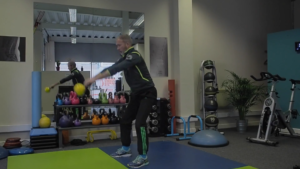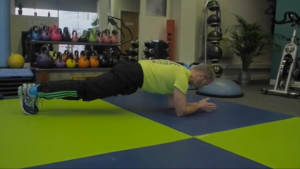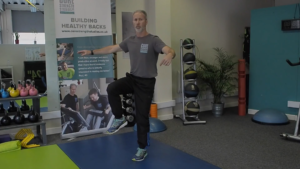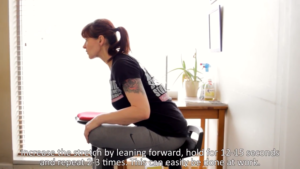Work-related back pain is a major contributor to working days lost to musculoskeletal disorders in the UK.
Official figures reveal that almost 3.5 million working days were lost to back pain in 2015/16, and a recent survey found that 38% of people in the UK claimed work caused their back pain.
Traditionally, work-related back pain has been more common among manual workers, but it is becoming increasingly more prevalent among desk workers, with 31% saying their workstation caused bad posture and back pain.
The average office worker spends 75% of their day sitting down, and more than half of that comes in periods of 30 minutes or more of sedentariness.
But what impact does this have on your body, and how does it contribute to back pain?
1. Your Discs
Sitting puts more pressure on your spine than standing. When you move, the discs in your spine (which act as shock absorbers in between your vertebrae) expand and contract, which allows blood and nutrients to be absorbed, keeping them healthy.
When you sit, your discs are compressed which, over time, can cause you to lose flexibility and increase your risk of herniated (slipped) discs. Moving just once every 15-30 minutes has been proven to prevent changes to your discs.
2. Your Muscles
When you stand up, your core and back muscles are activated and working to keep you upright. When you sit, however, these muscles aren’t working and remain in passive. Because of this, when you sit for too long, your muscles weaken over time.
When you have weak back and core muscles, your spine is less supported and more vulnerable to pain and injury. It is recommended that you stand for at least 2 hours over the course of the working day. This doesn’t have to be all at once, it can be taken in short bursts of standing, walking or fidgeting.
Anything but sitting still.
3. Your Flexibility
In a seated position, your hip flexor muscles at the front of your hip are in a shortened state.
Over time, this prolonged position can cause the muscles to adaptively shorten, meaning you lose flexibility and range of movement in your hips.
Because the muscles attach to your pelvis – as does your spine – this shortening and tightening can cause an imbalance and result in a tilting of your pelvis which in turn changes the position of your spine, causing pressure on the discs and low back muscles.
By taking regular breaks from your desk, and working on stretching your hip flexors, you can help alleviate this shortening. Deep tissue massage also can help improve the flexibility of the soft tissue.
4. Your Nerves
Your body is designed to move, not to remain seated for prolonged periods. In this unnatural position, your muscles can stay contracted for longer than they are supposed to and this sustained contraction can pinch the nerves which run through the muscular structure.
To reduce the risk of this happening, get up and move regularly. This will help the muscles release and boost your circulation.
featured
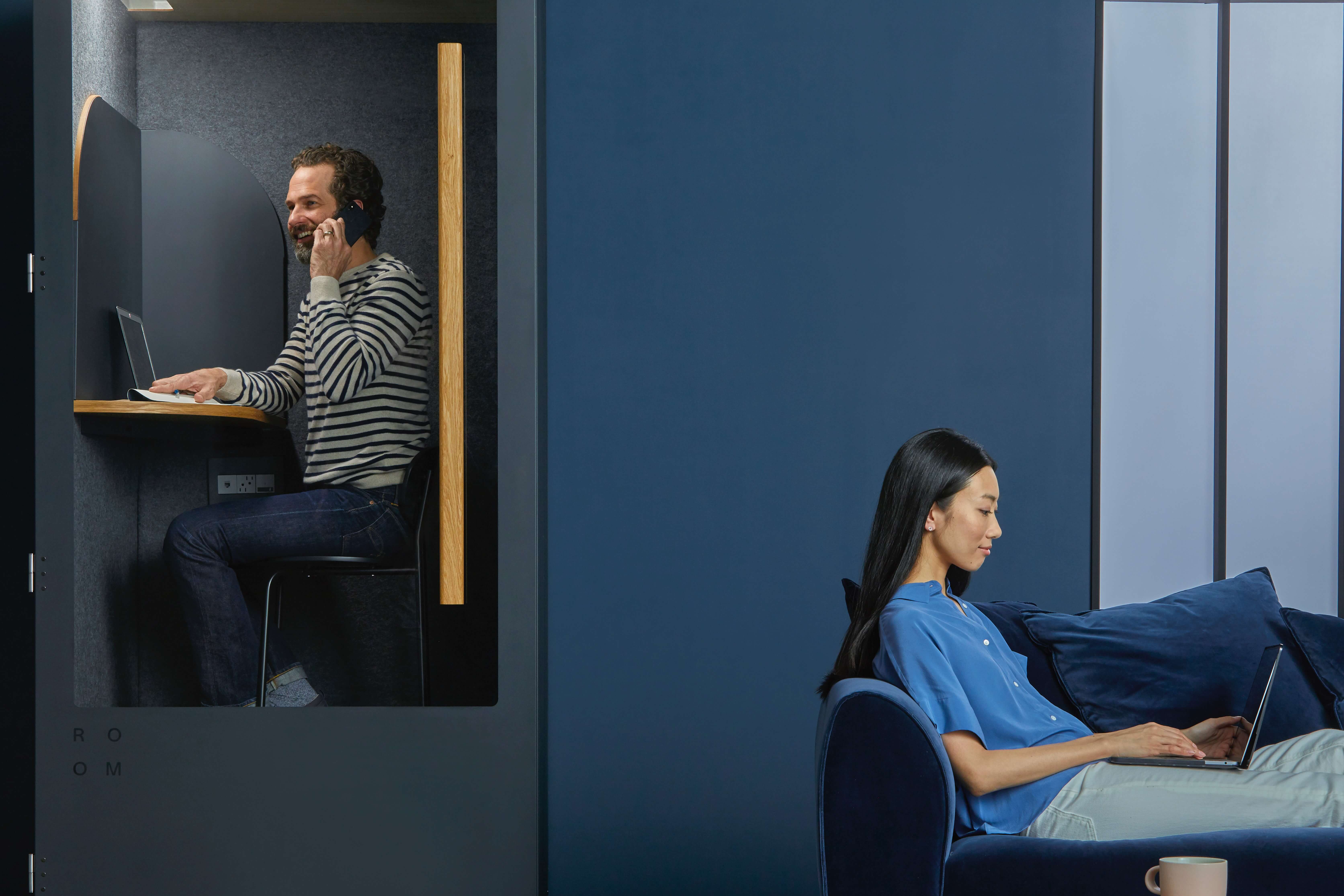
4 SIMPLE Ways to Prevent Back Pain at Work NOW
With 49% of us suffering from back pain at some point in our lives, and a whopping 2.9 million days being lost due to work-related back disorders on 2014/15 (source), it’s time to take action against back pain at work and arm ourselves with the tools to prevent the onset of attacks. With back pain ...
Reading Time: 2 minutes >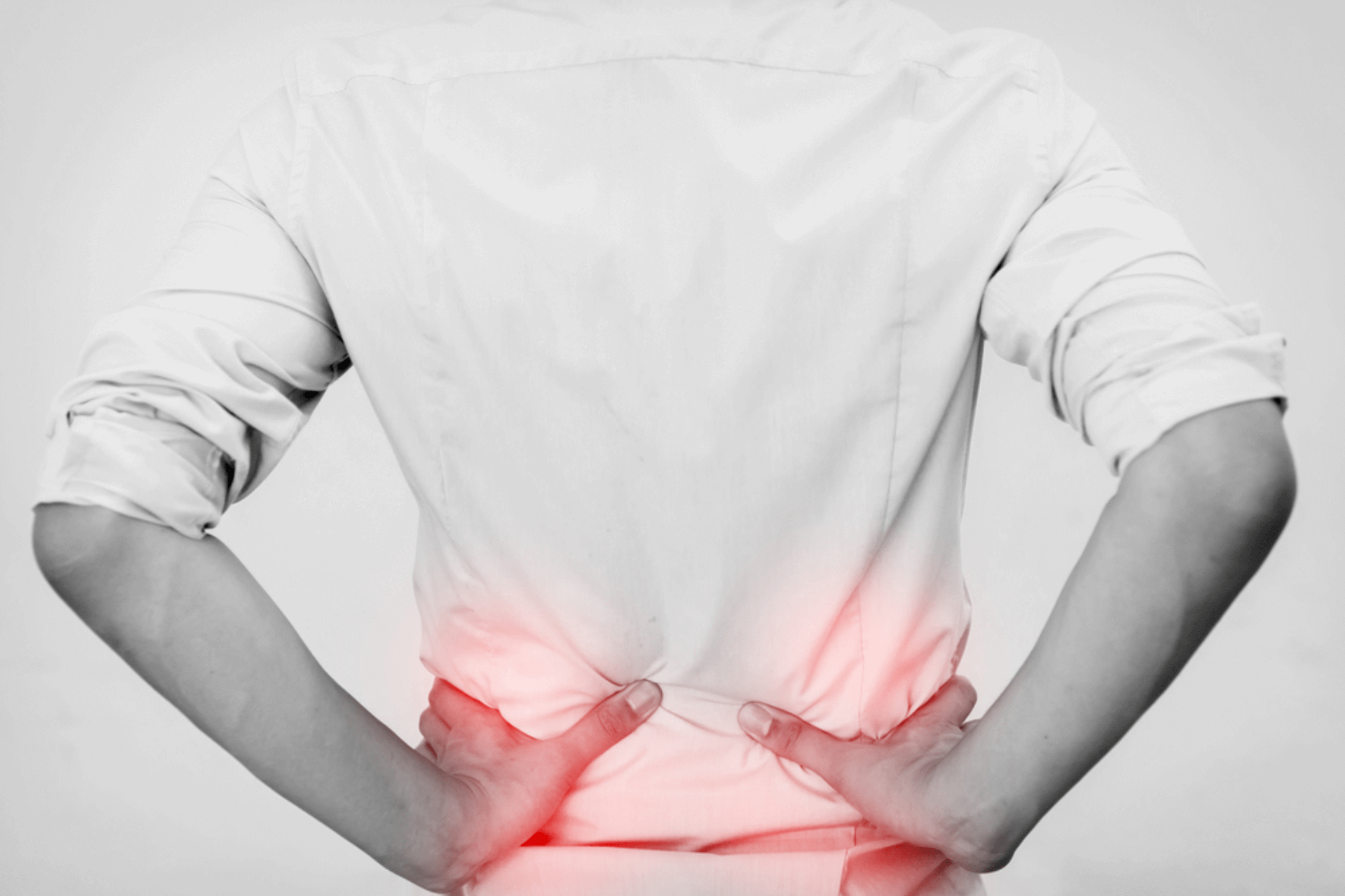
4 Ways to Stop Your Back Hurting at Work
Our body is designed to move. Sitting down all day can have a detrimental effect on your back, neck and muscles. Unfortunately, though – as desk-workers will testify – sometimes circumstances dictate how much you sit during the day and it’s not always possible to spend the day on the move. There are some simple ...
Reading Time: 3 minutes >
5 Ways to Relieve Back Pain
2 years ago, I did my back in. Ironic, right, given that I co-own a studio where we help people reduce back pain? It happened because my core weakened after having babies and I stopped doing enough strength work to protect myself over a very busy few months in my life. In my case, I ...
Reading Time: 2 minutes >
